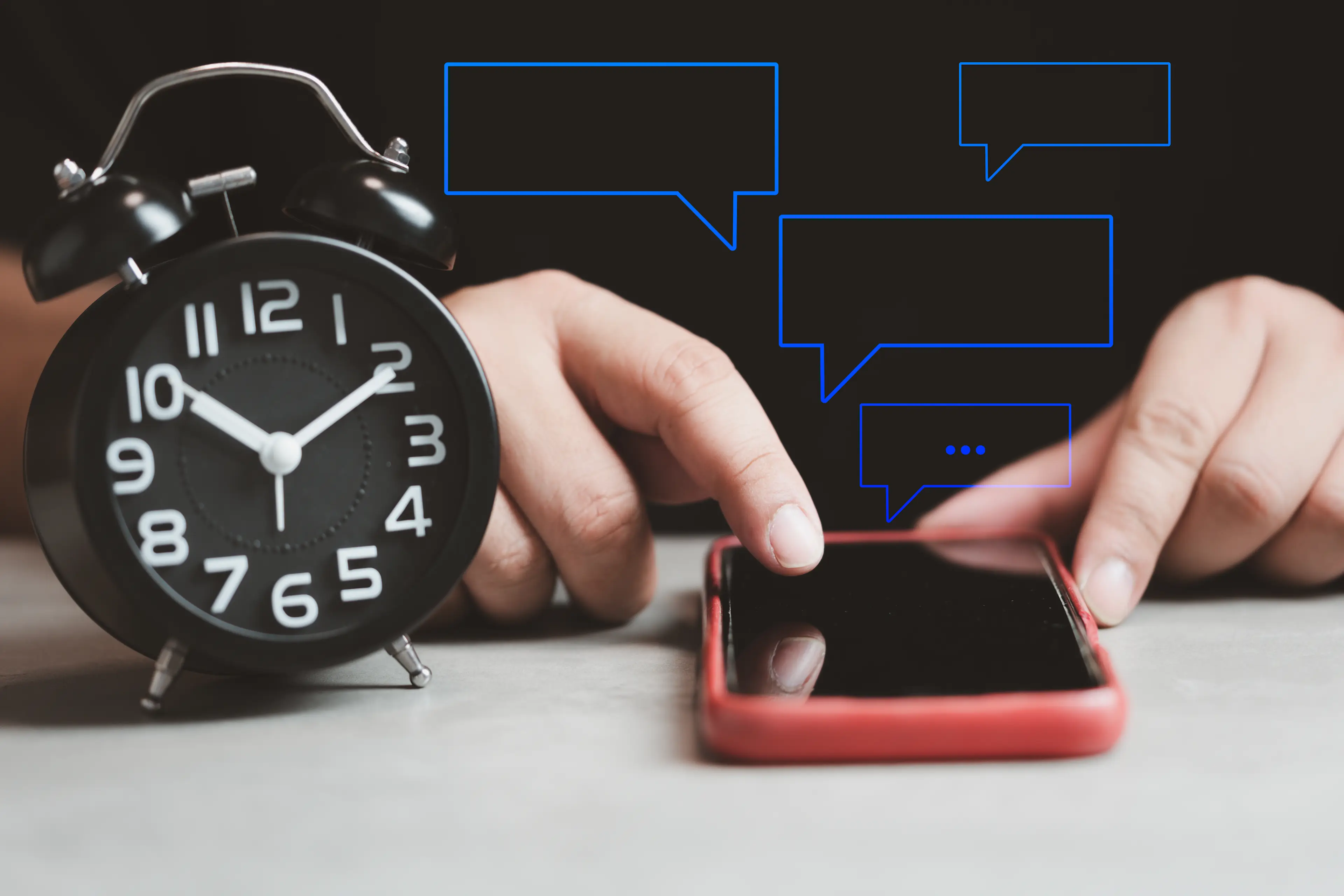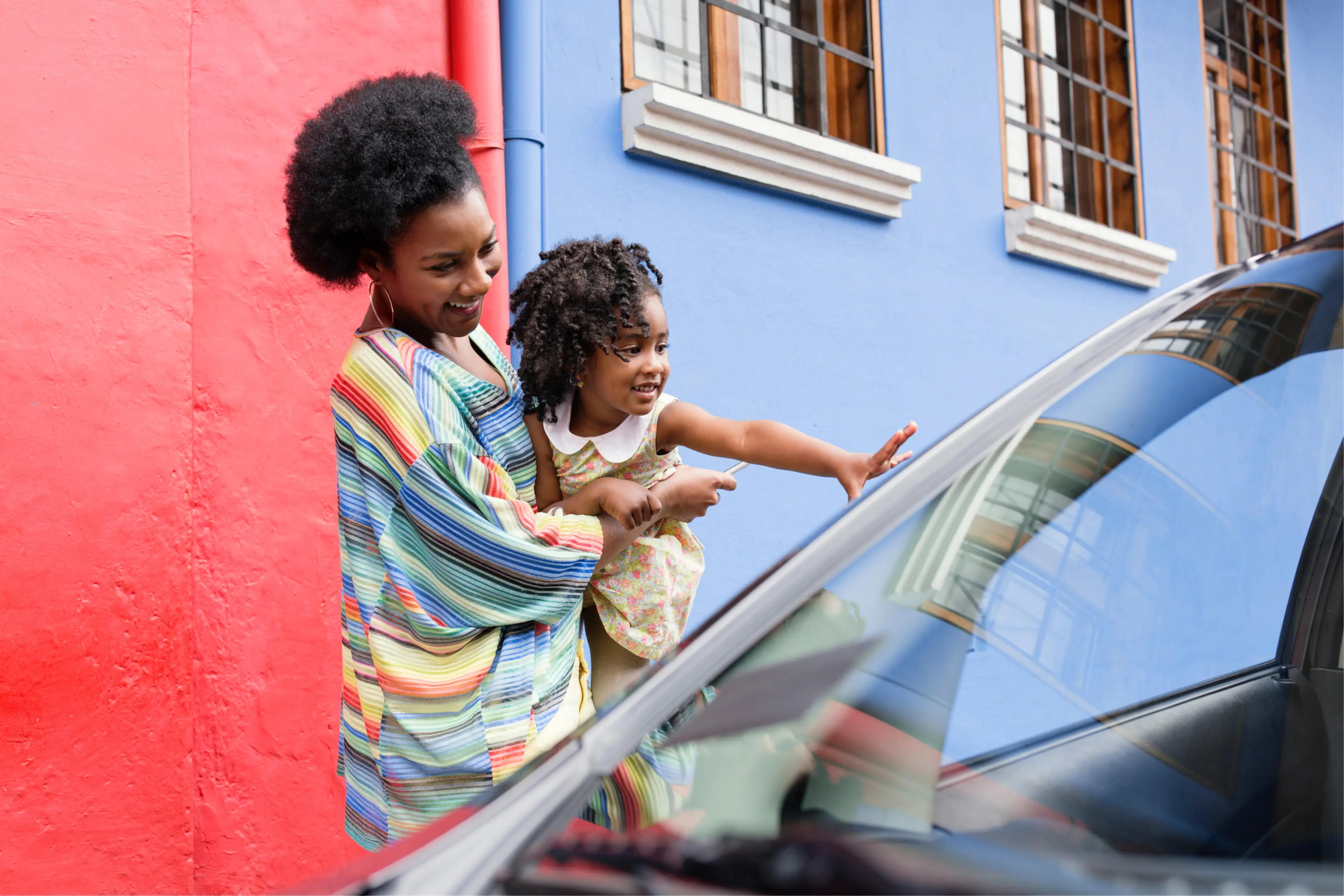Editor's Pick
Why Enterprises Need to Invest in Agentic AI in 2025
The AI Revolution: Redefining the CX Game in the Digital Era
TikTok Social Listening: Everything You Need to Know
How to Improve Customer Service with Digital Transformation
Discover Our Categories
Subscribe to CXPresso Newsletter
Keep yourself updated with the latest articles and industry news, delivered straight to your inbox with one click - Sign up for CXpresso, Today!

Platform & Technology

Elevate Customer Interactions with Quicker, More Precise Responses Using Digital Twin’s RAG capabilities
750+ 5-star reviews



Ready to deliver happier customer experiences?
Contact us today for a personalized business proposal.





































